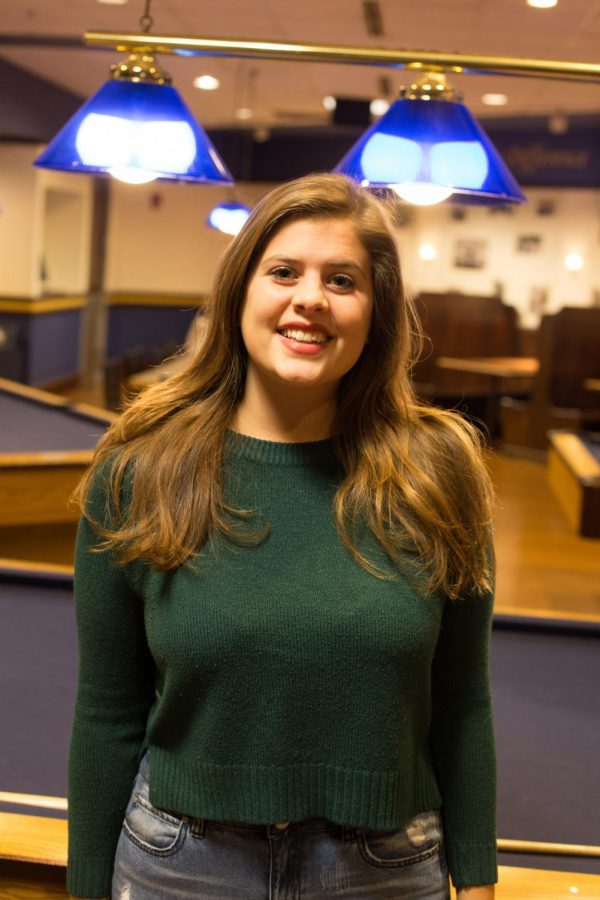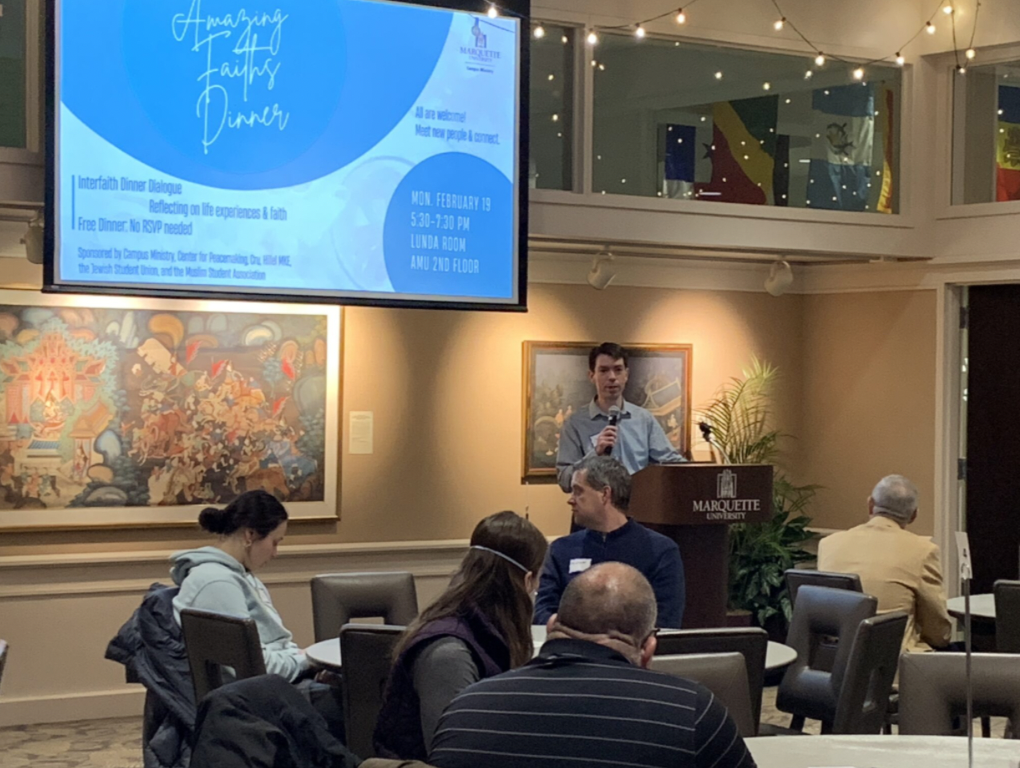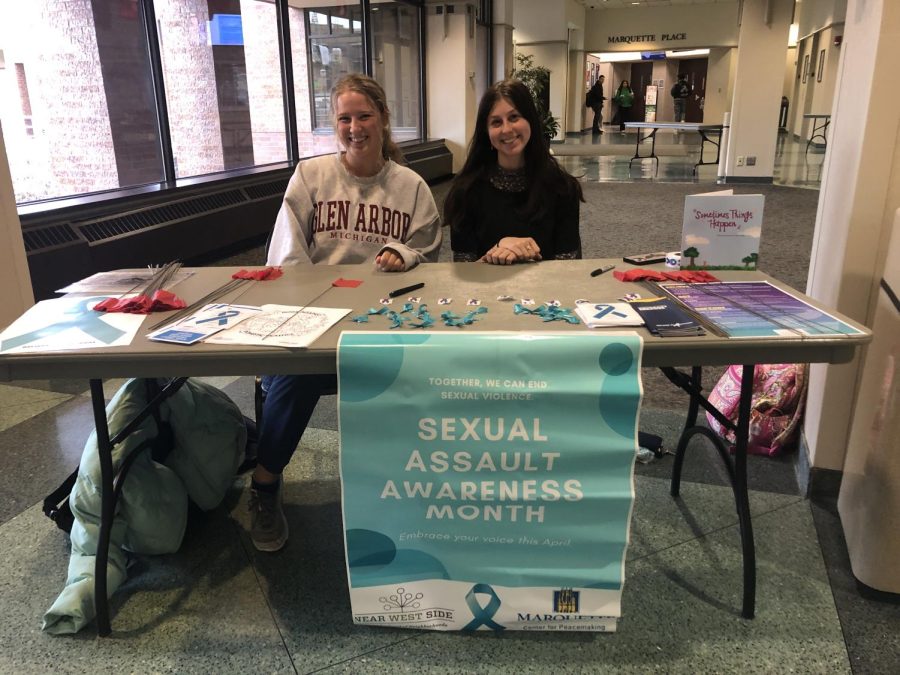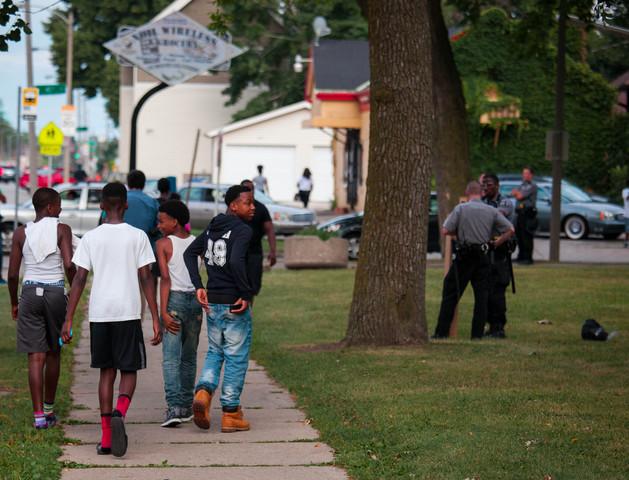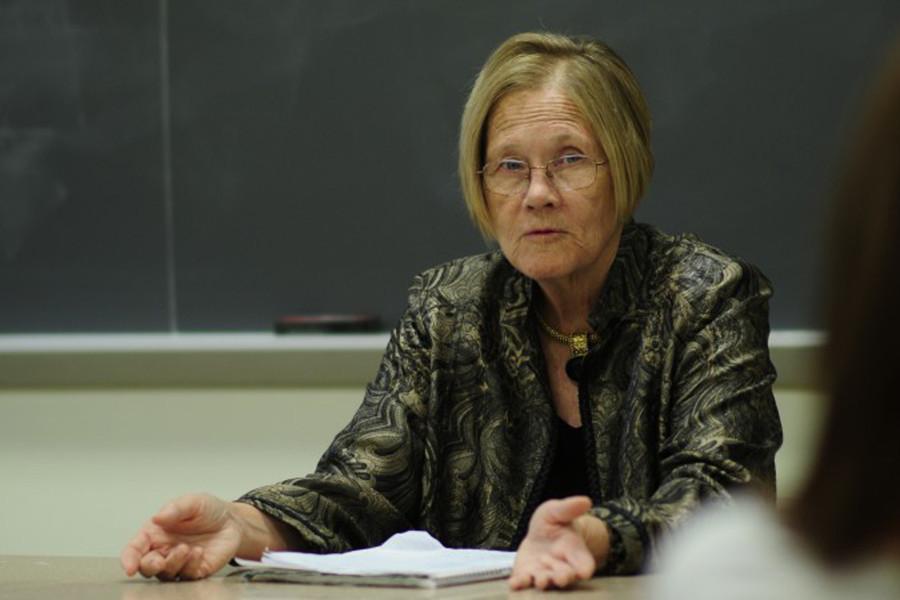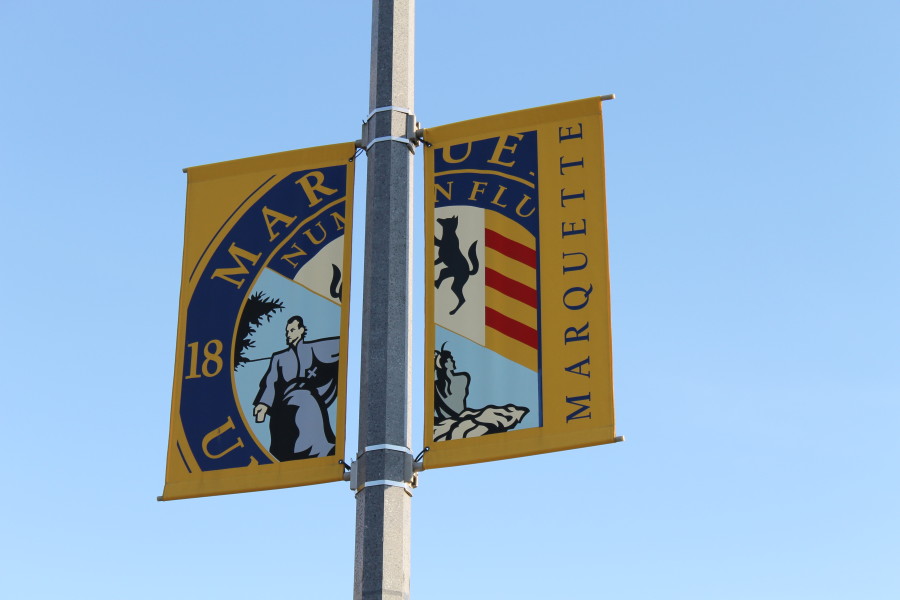The Center for Peacemaking offers fellowships to undergraduate and graduate students who apply for its summer program, allowing peace studies majors to fulfill their mission.
With funding of up to $2,000, students aim to integrate peace and change in areas of domestic and global engagement. Students in all majors are able to apply.
The $2,000 budget comes from donors and grants that are given to the Center of Peacemaking.
The fellowship “helps the university and the wider community to explore together the necessary skills to become informed, spiritually-centered, nonviolent peacemakers,” according to an online post from the Center for Peacemaking.
“We’re about change and we’re about making the world a better place,” Louise Cainkar, director of peace studies majors and the executive board for the Center of Peacemaking, said.
“We want to provide the means for a student to be able to pursue an opportunity that they might not otherwise be able to pursue,” Chris Jeske, associate director for the Center of Peacemaking, said.
The project varies by the student’s interests and what their other commitments are like, Jeske said. A project could last for one or two weeks in the summer, or it could occupy a student every day for the duration of the fellowship.
Erica Ness, a senior in the College of Arts & Sciences, received the fellowship last summer. Ness had an internship with the non-profit Centro por la Justicia y el Derecho Internacional (Center for Justice and International Law).
“To me, peacemaking is about systemic change and pushing to make the world a place where anyone can succeed, and they are not impeded by forces of injustice and violence,” Ness said.
Ness spent her summer peacemaking fellowship in Washington D.C., where she researched women in international elections for CEJIL’s campaign, called Gender Parity in International Representation.
Ness was first introduced to the fellowship when she was a freshman at O-Fest. After working for the center throughout her college career and becoming the president of the student organization, she was encouraged to do the fellowship.
“I could not have done that internship without that fellowship, and I really cannot thank the Center of Peacemaking enough for making this possible,” Ness said.
The fellowship encourages all students with the passion to change the world to test out what they are good at, Cainkar said. “We see peacemaking as a domestic and global need,” she said.
Students can stay in the country or travel around the globe as long as their goals align with peacemaking and deepen their experience with nonviolence.
The center opened in summer 2008 and has since been giving fellowships to four to ten students per summer.
“It gives students a better idea to explore their curiosities,” Cainkar said.
Jeske said the ultimate goal of the fellowship is to see students transform to better understand what nonviolence is and what their role is.
“It’s more about having a good project plan than it is about the specific geography to make sure a project will have an impact on a student,” Jeske said.
Before doing the internship and doing the fellowship, Ness said she felt lost and stressed about her future and was putting a lot of pressure on herself.
“Now, I’m very excited about all the opportunities there are out there and I have had just a complete change in mind,” she said.

